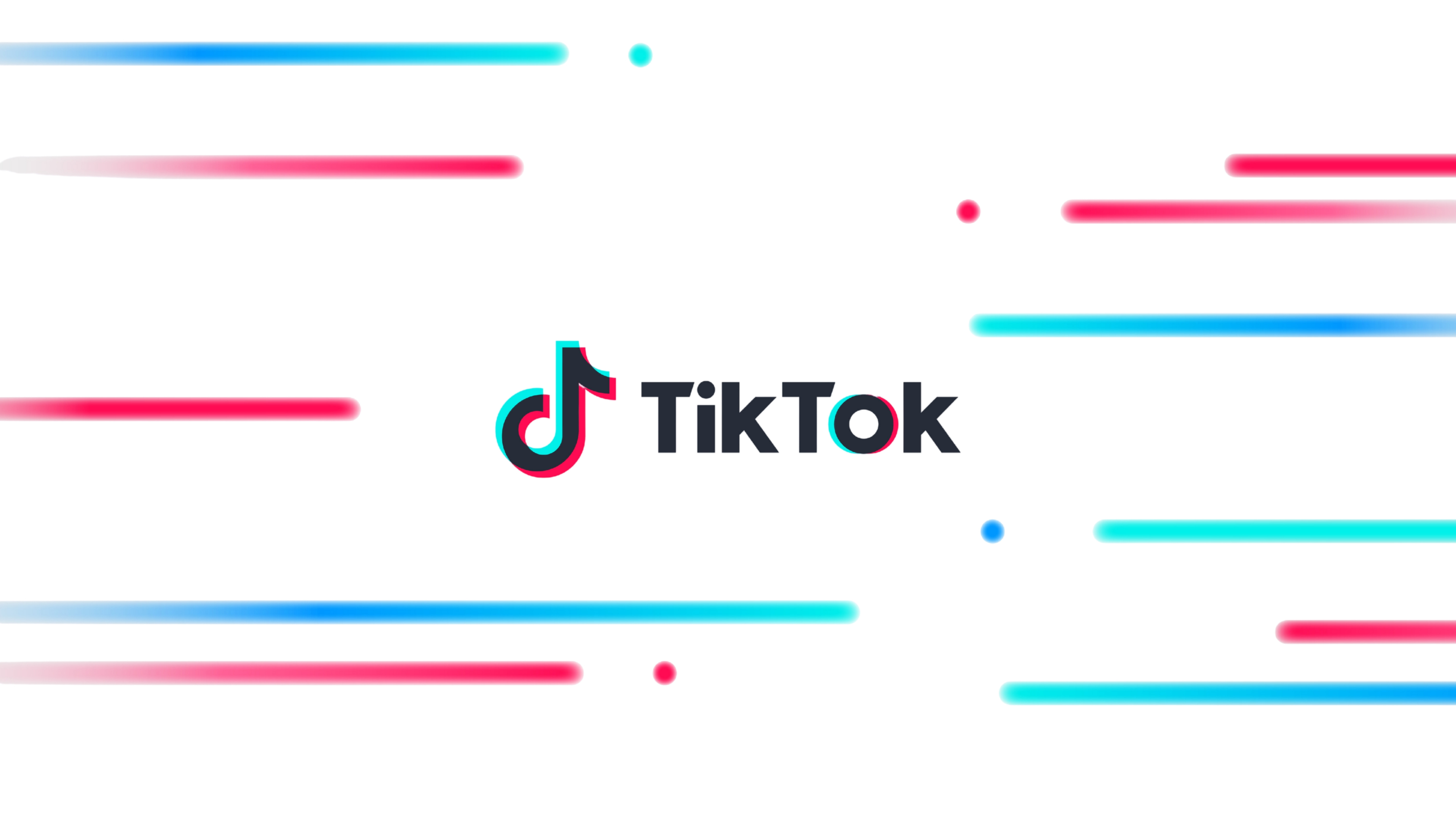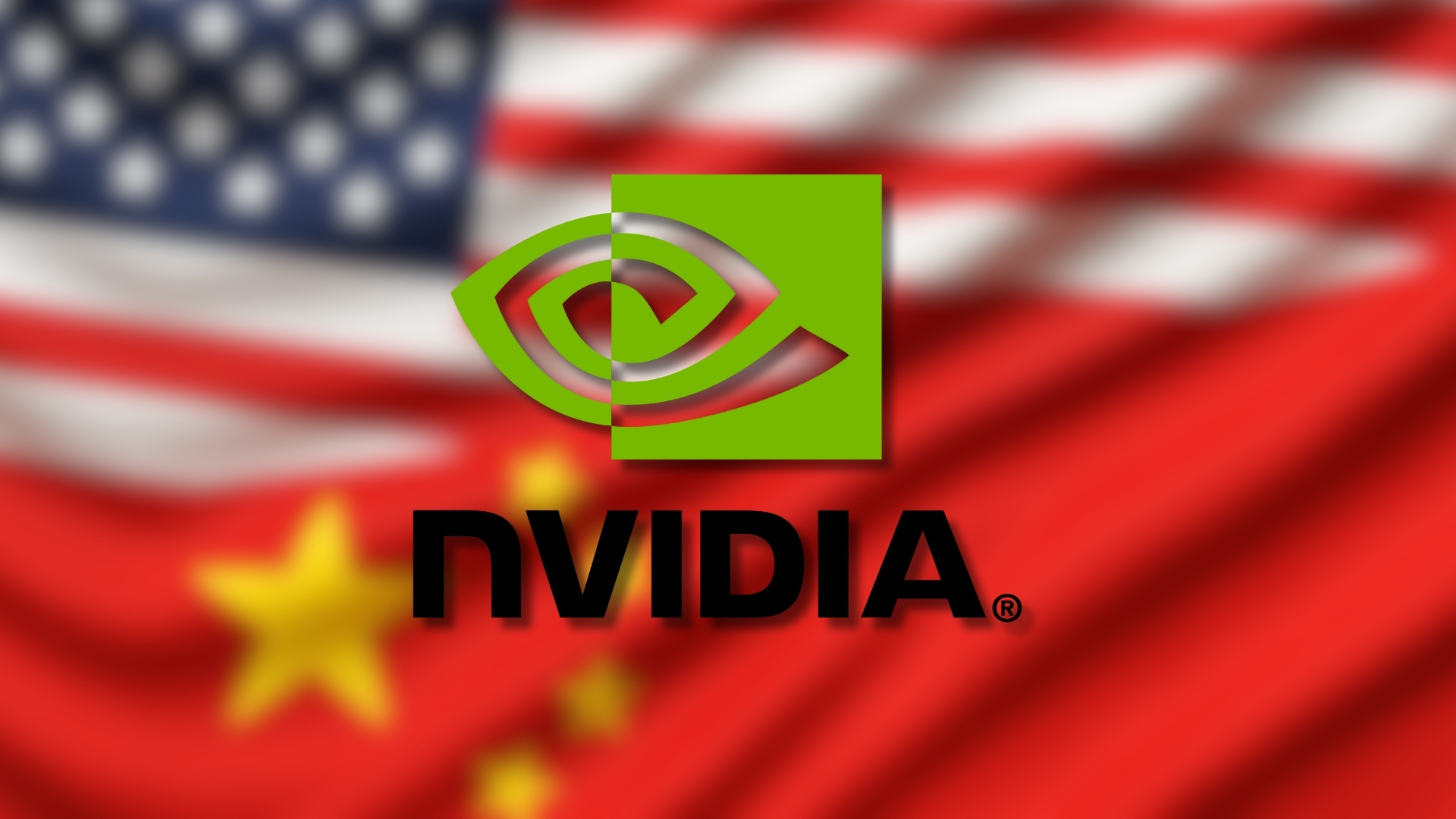TikTok Shop has introduced digital gift cards as part of its wider push into e-commerce. Users can purchase cards for $10 to $500 and choose animated designs for occasions such as birthdays or weddings. Availability is currently limited to the United States.
Recipients must have a TikTok account to redeem a gift card, and the balance is added to their TikTok Wallet instantly. Users can reply with a thank-you message or send a gift card as a return gesture. The approach reinforces TikTok’s focus on social interaction alongside transactions.
The feature puts the digital shop in more direct competition with established e-commerce platforms such as Amazon and eBay, which have long offered digital gift cards. Moves into higher-end retail to broaden its ambitions. The social media powerhouse is positioning itself as a full-scale online marketplace.
Momentum has continued to build, with US sales exceeding $500 million during the Black Friday and Cyber Monday period. The results highlight rising consumer confidence in the platform’s ability to drive purchases. Engagement is increasingly translating into measurable commerce.
Further developments are planned, including video messages and an interactive unboxing experience, which are expected to be released in early 2026. Expansion continues despite uncertainty around the platform’s future in the US. Negotiations over a potential sale remain unresolved ahead of January 2026.
Would you like to learn more about AI, tech, and digital diplomacy? If so, ask our Diplo chatbot!










